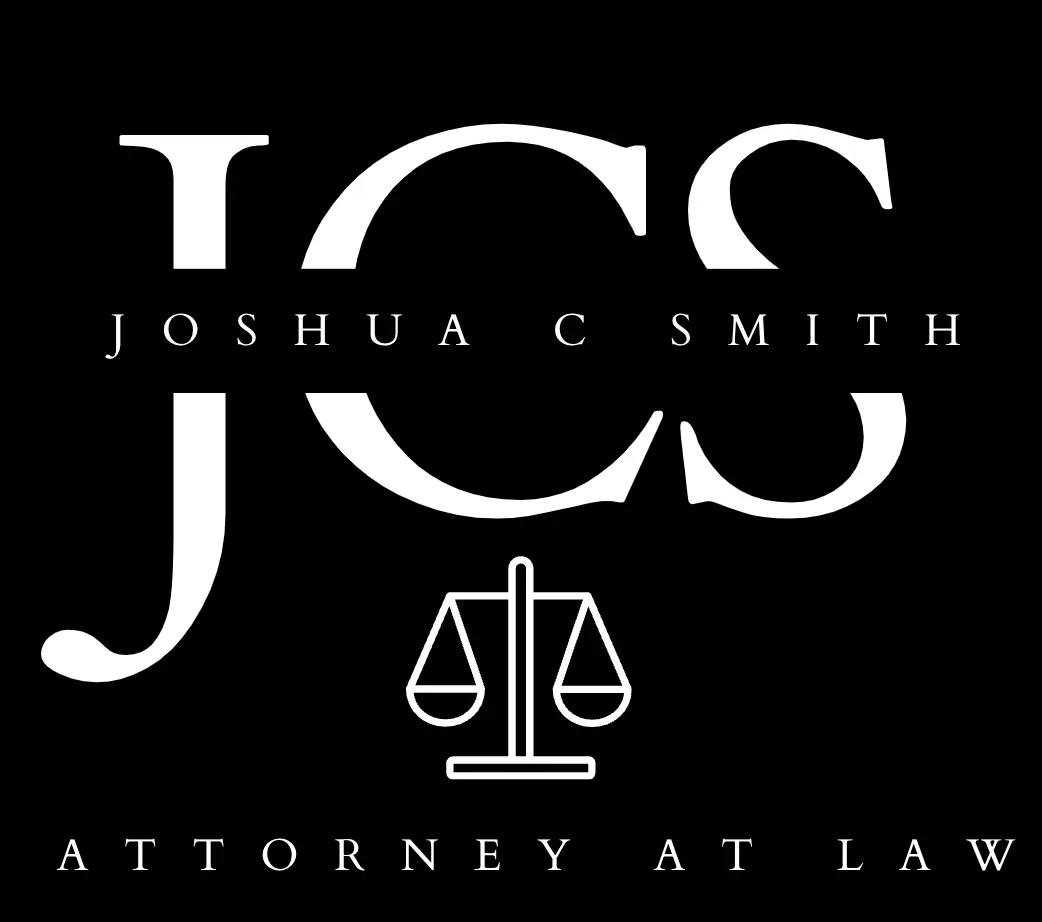How To Defend A DUI Stop
How to protect your rights

By Joshua C. Smith
A sharp DUI trial lawyer will have several different tools to build the ultimate defense. The firm of Joshua C. Smith has been nationally recognized for his revolutionary DUI defense strategy. The first place to start when building a DUI defense is traffic stop. What reason did the officer give for the police pulling you over.
In order for a criminal defendant to be convicted, the police must be able to give specific and legitimate reasons for suspecting that a crime occurred or was about to be committed. This means that Police Officers cannot stop or arrest you at random or based simply on a “hunch.” In the case of a DUI, the arresting officer must have a legitimate reason for pulling you over in order for the traffic stop to be considered legally valid. If the stop was legally invalid, the charges will be dropped and the case will be dismissed.
“You are not required to take a Field Sobriety Test”
In order to lawfully pull you over a police officer must have a legitimate reason. In legal terms, the justification for initiating a traffic stop is called reasonable suspicion.
In a DUI case, police must actually satisfy the requirement of reasonable suspicion twice. First, they must prove they had reasonable suspicion to initiate the traffic stop. Secondly, they must prove they had reasonable articulable suspicion to initiate a DUI investigation.
The most common reasons officers give for initiating a stop is suspicion of a traffic violation, equipment violation, or criminal activity. This could include anything from broken vehicle equipment, improper lane changes, swerving, or speeding. It is a pretty low bar to satisfy this requirement, but it still must be more than the officer just had a “hunch” that the driver was committing a crime.
Once the officer has pulled you over and approached your vehicle, he or she must establish reasonable suspicion of drunk or impaired driving before beginning a DUI investigation. Some of the more common reasons officers give is smelling an odor of alcohol, bloodshot eyes, or slurred speech.
However, an officer cannot arrest you based on reasonable suspicion alone. He or she must also develop probable cause of a crime being committed in order to justify an arrest. In order to develop probable cause officers generally use the Field sobriety test, also known as FST.
FSTs are several tests designed to assist law enforcement in determining whether or not an individual may be impaired by alcohol or drugs. FSTs were designed by Dr. Marceline Burns who field tested them in Colorado, California, New Mexico and Florida. The FSTs were lab tested in 1977, 1988 and 2003.
Though there are numerous types of FSTs, only three are recognized by the National Highway Traffic Safety Administration: the Horizontal Gaze Nystagmus test (commonly referred to as the “pen test”), the Walk-and-Turn test, and the One-Leg Stand test.



The horizontal gaze nystagmus test is designed to look for any involuntary jerking of the eye. When alcohol works on your nervous system, it will affect your vision, which will result in a bouncing or jerking motion in your eyes when they look in a certain direction. The Officer will ask you to focus on an object then move the object at a certain speed and distance looking for involuntary jerking of your eye.
The second test is the walk-and-turn, which is a divided attention test. You will be asked to walk in a straight line, heel-to-toe, taking nine steps, turning and returning nine steps with your hands at your side. The officer will be looking to see if you step off the line, raise your arms more than six inches above your body, if you are able to count and how successful you are at making a turn. You will be scored down if your start too soon.
The one-leg stand test is also a divided attention test. You must raise your foot up and keep your hands at your side out loud until you reach 30 or the officer stops. The officer will time this test and will be looking for you to put your foot down, hop or sway.
You are not required to take a Field sobriety test. If an officer asks you to take a field sobriety test you should request to speak to an attorney before you make a decision. A field sobriety test is used for an officer to gather evidence against you. Therefore, there is no incentive to take the test. As you know from watching TV, anything you say or do can be used as evidence against you in court. This includes how you perform on a field sobriety test.
It is crucial that you seek quality legal representation immediately to preserve all of your constitutional rights. Not knowing your rights while being investigated for DUI can cost you your license and your freedom. Joshua C. Smith has revolutionized DUI defense in Oklahoma and will provide you with cutting edge advice on how to win your case.
